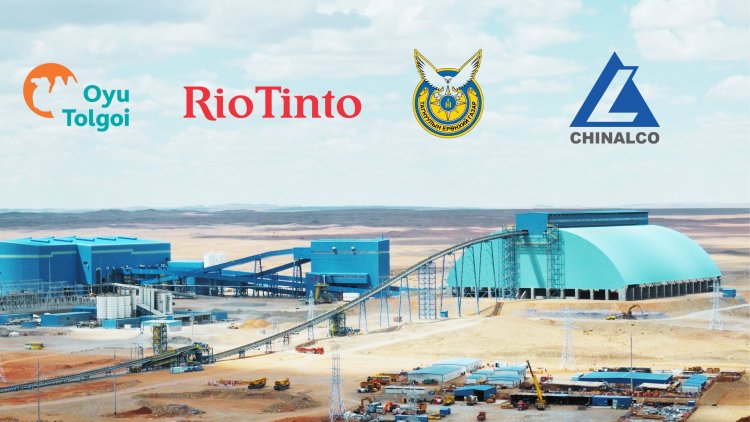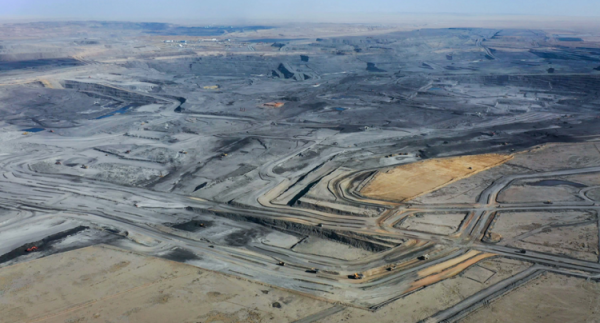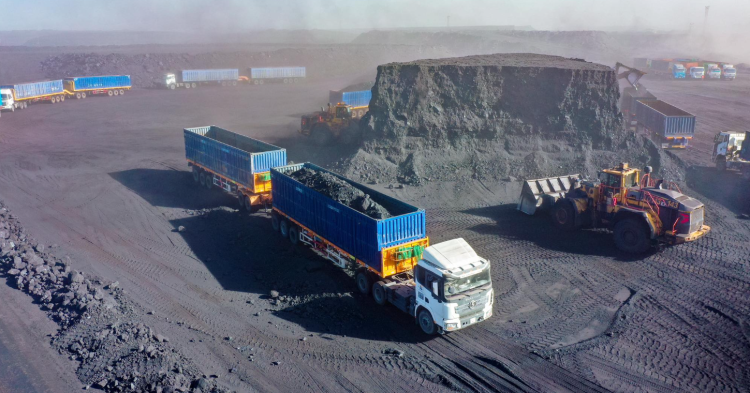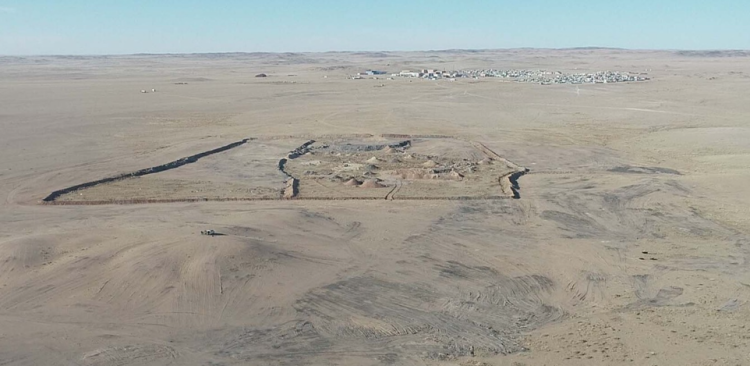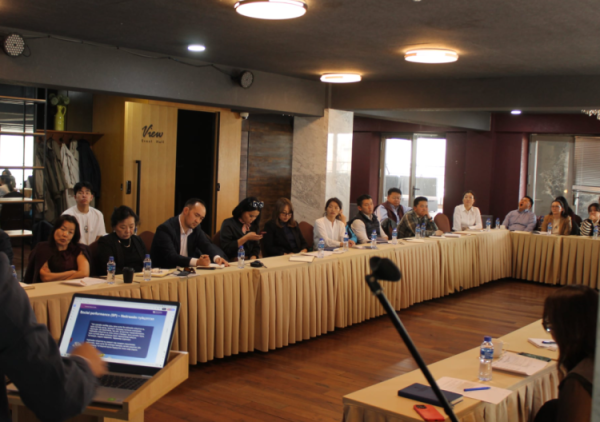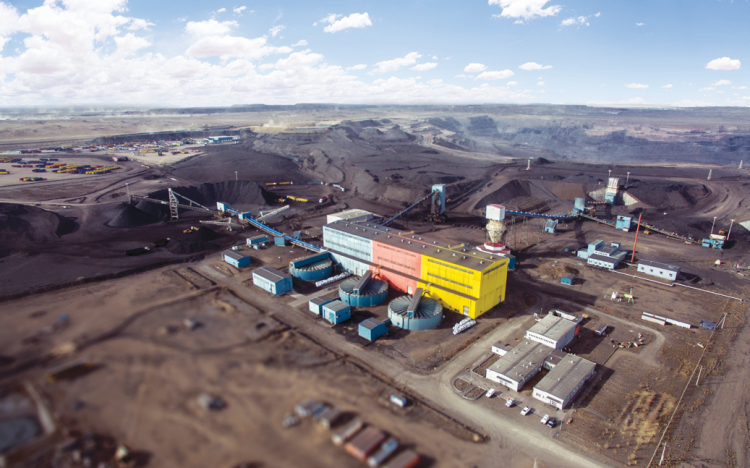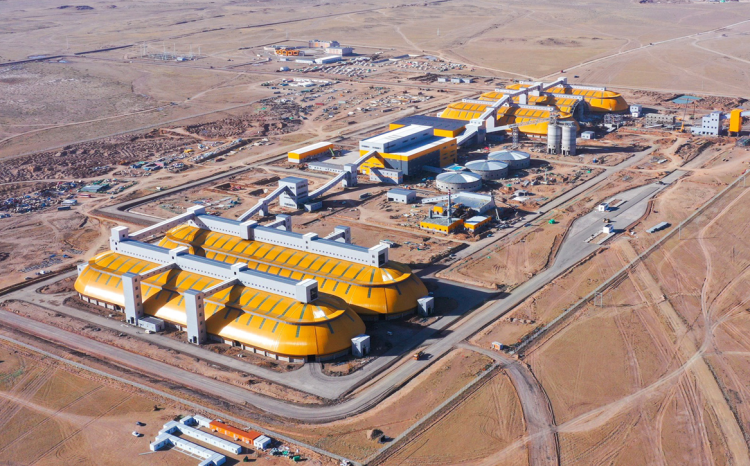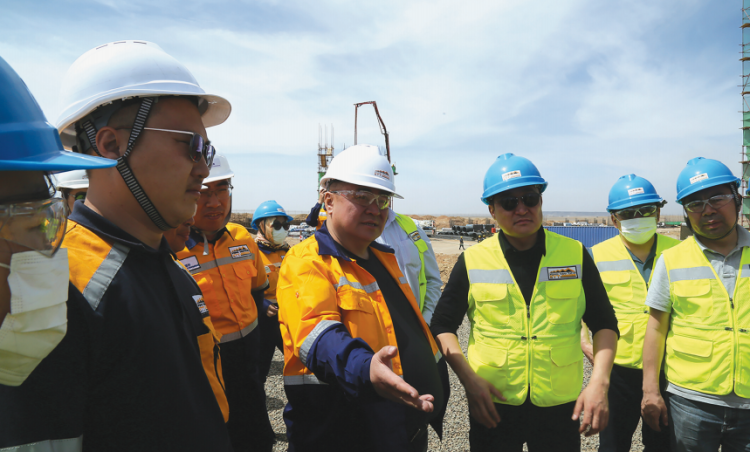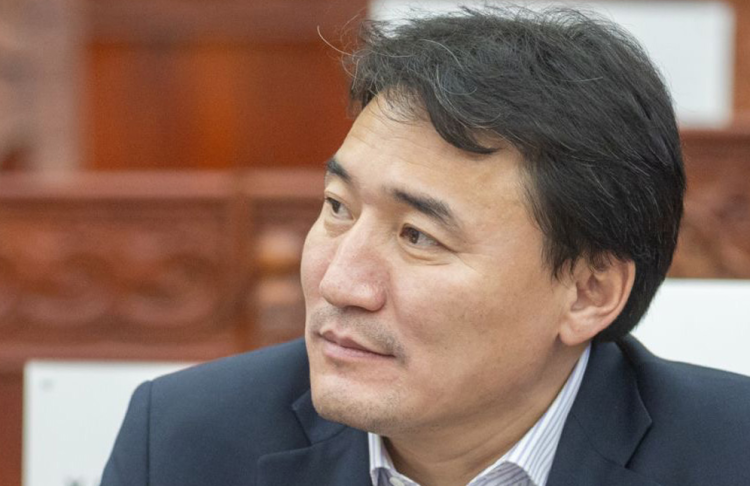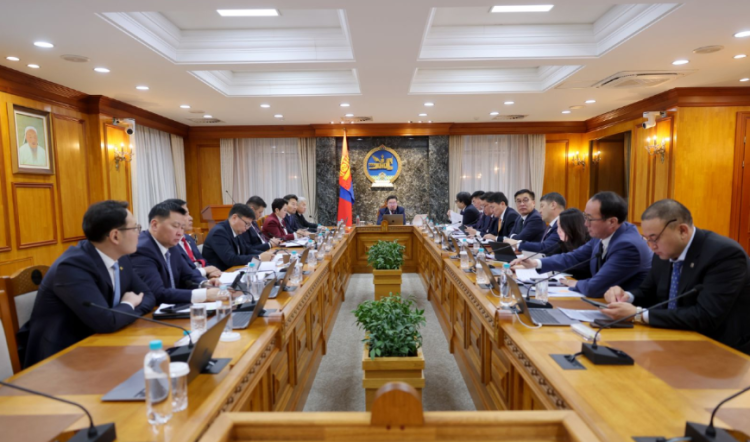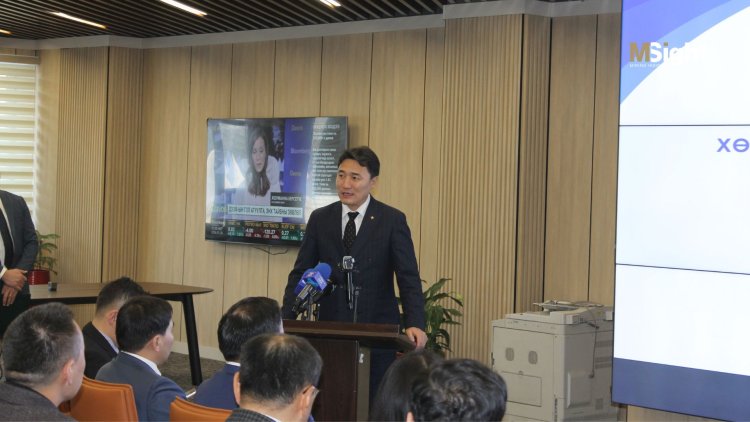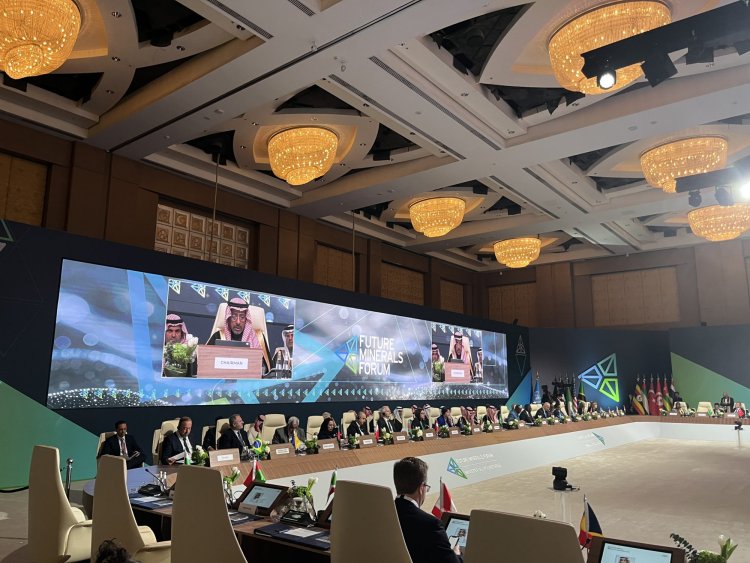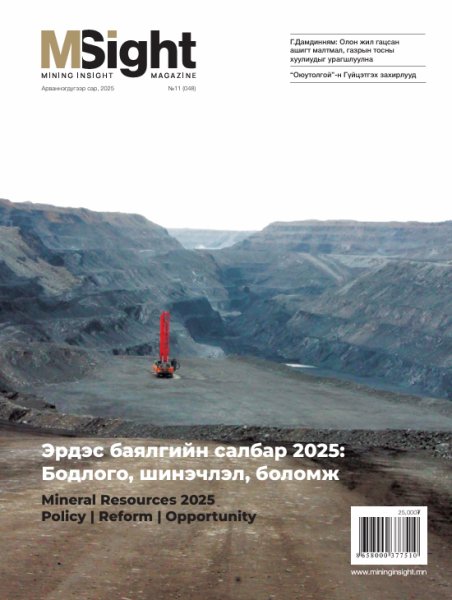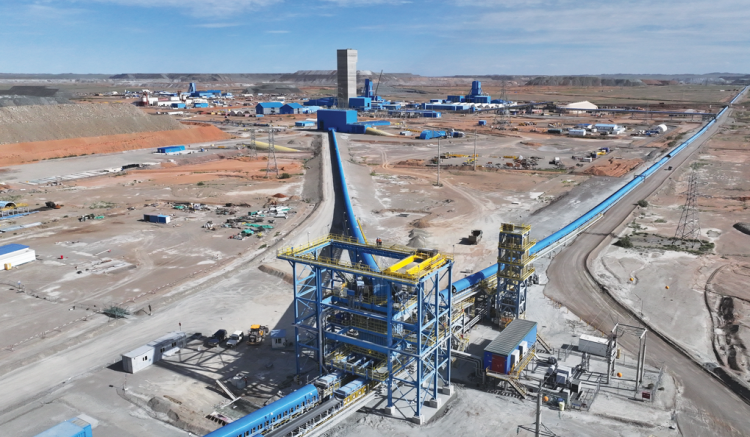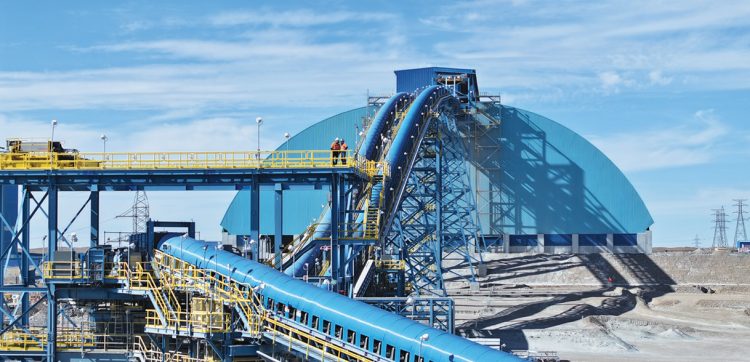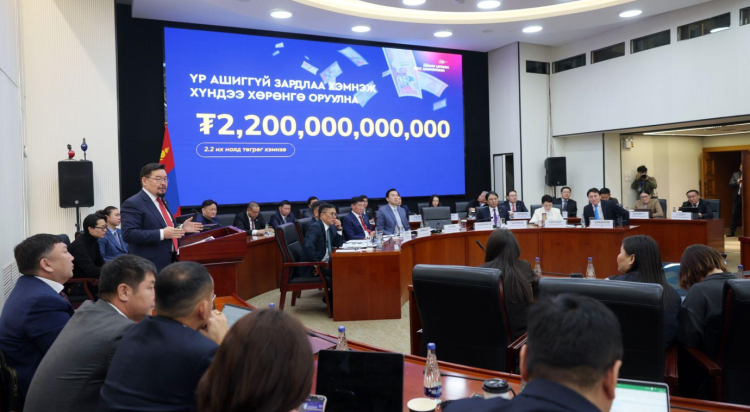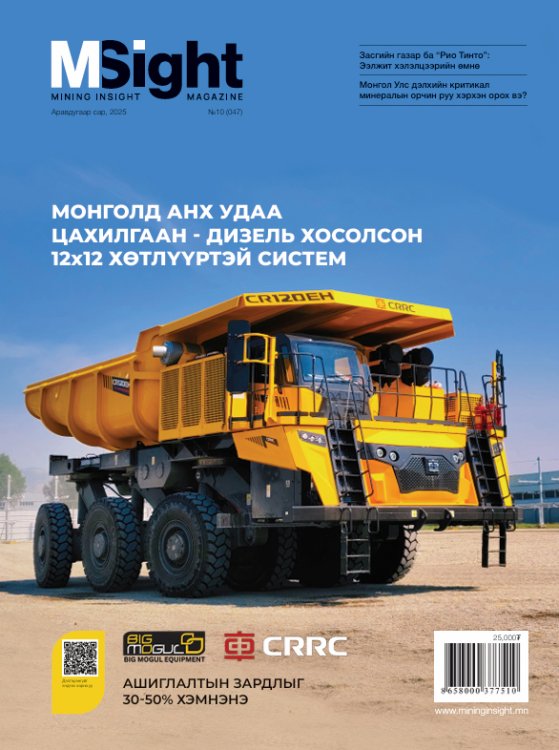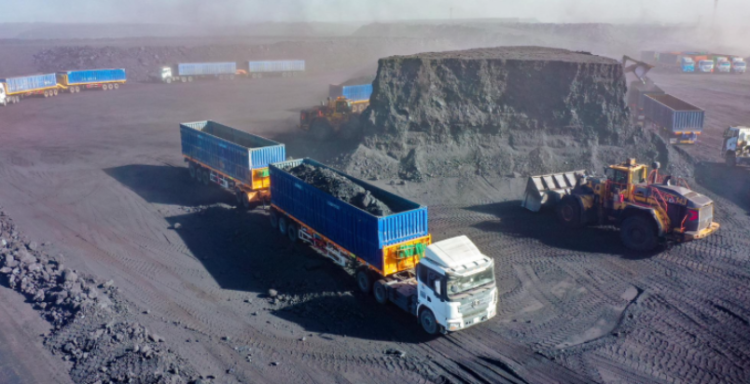
BAYARTOGTOKH.B
Parliament to discuss bills on “state properties” and “state-owned enterprises” at its spring session”
The government has repeatedly stated that it will not compete with the private sector, however, it is quite opposite in reality. Stateowned and partly state-owned companies in the mining, transportation, construction, banking, and manufacturing sectors are still increasing in numbers and are slowly dominating the market. In the last eight years, companies with state accounts have expanded their ranks, while the room for private companies in the market has shrunk even more. Many privately owned businesses have collapsed in the last two years of the pandemic. This is visible in the 2020 and 2021 reports of the General Department of Taxation. For instance, over 27,100 private entities dissolved in 2020 alone and there is not a single state-owned or state-involved company, entity, or manufacturer.
State-owned and partly state-owned companies, on the other hand, have become reliable tenants in the capital city’s high-rise offices in class A properties. However, they remain profitless with heavy losses and debts. Therefore, the public listing of state-owned and partly state-owned companies on the stock exchange should be intensified.
The bill on state property and the first-ever bill on state and locally owned companies will be discussed by the Parliament this spring.
The reform of the Law on State Property introduced the concept of developing nationally open joint-stock companies by classifying state-owned companies by their activities, creating a multi-ownership structure, and then transforming them into openly traded joint-stock companies. It will also define industries in which the government will be involved in the future, specifying the sector in which it will intervene, while developing a strategy to reduce state ownership in other sectors and to cooperate with the private sector. The preamble to the bills states that there is a lack of a legal framework to regulate the activities and norms of state and locally owned companies, enterprises, and entities. Therefore, the issue of improving the legal framework was considered at the government level.
All “wording” of the draft laws is being prepared in a closed manner. In other words, the amount of changes in the parliamentary session remains unpredictable. For the last 10 years, governance and profitability of state-owned companies were the keynote discussion at the Mongolia Economic Forum (MEF). The 34 percent stake of the “Mongolian Post” JSC, which was listed on the Mongolian Stock Exchange (MSE), became an example in recent years. During the Saikhanbileg,Ch’s tenure in 2016, 34 percent of the state-owned shares of Mongol Post JSC were offered to the public through the MSE. As a result, the company returned profits, increased its net profits by 10 times, and its share prices jumped by 5 times with doubled equity. There aren’t any good examples except for this. On the other hand, there is a long list of bad examples that are still under heavy losses. For the participants of the MEF, the governance of stateowned companies has become the most boring topic. The importance of supporting the country’s economy has become a “sleeping pill” at the forum. In the last seven years, the government tried its best to “confiscate” everything. Several lawsuits followed. In each such case, words and phrases of publicly trading the shares of state-owned companies for public scrutiny and improved governance are commonly uttered.
“Erdenes Mongol” and its subsidiaries, “Erdenes Tavan Tolgoi” and “Erdenet Mining Corporation” cannot be listed on the stock market at the same time. However, only when the government decides to privatize the next “Mongol Post” will the renewed governance of state-owned companies and enterprises included in the “New Recovery Policy” realize. As of today, “Erdenes Mongol” SOE has 15 stateowned subsidiaries. When asked whether any subsidiary of “Erdenes Mongol” will be listed on stock exchanges and about further plans of the company, the CEO of “Erdenes Mongol” Khulan.O, said, “Our companies are attracting investment from domestic and foreign stock markets. Examples include Erdenes Bonds, ETT Bonds, and methane exploration financing from the Australian Stock Exchange through Jade Methane.” Erdenes Mongol has issued MNT 1.2 trillion in bonds under the Law on One-Time Repayment of Pension Loans by Citizens. The subsidiary also raised MNT 2 trillion in USD and MNT-denominated bonds to implement the Erdenes-Tavan Tolgoi project.
There are 102 state-owned and partly state-owned companies nationwide.
Tsengel.B, head of the State Property Policy and Regulation Agency, said that there are 49 state-owned companies under the agency. The rest are under the direct orders of related ministers and the PM.
In terms of profitability, 168 state-owned companies generated MNT 11.8 billion in revenue last year. Mr.Tsengel.B informed that it is not possible for “Erdenet Mining Corporation” to offer its shares to the public and give a specific time to enter the stock market as the final ownership dispute has not yet been resolved at the court. The Mongolian Stock Exchange is the final option for improving the efficiency, governance, and profitability of SOEs. This is the common ground for all government members. Through the stock exchange, the government itself makes proposals to put companies into economic circulation and offer their shares to the public for public support. But their action still differs from what they are promising. The approach of covering the losses of SOEs from the state budget has stalled over time, and the economic downturn has forced the government to ease its burden. However, the government continues to intervene in every profitable sector.
Mining Insight Magazine, March 2022, №03(004)




